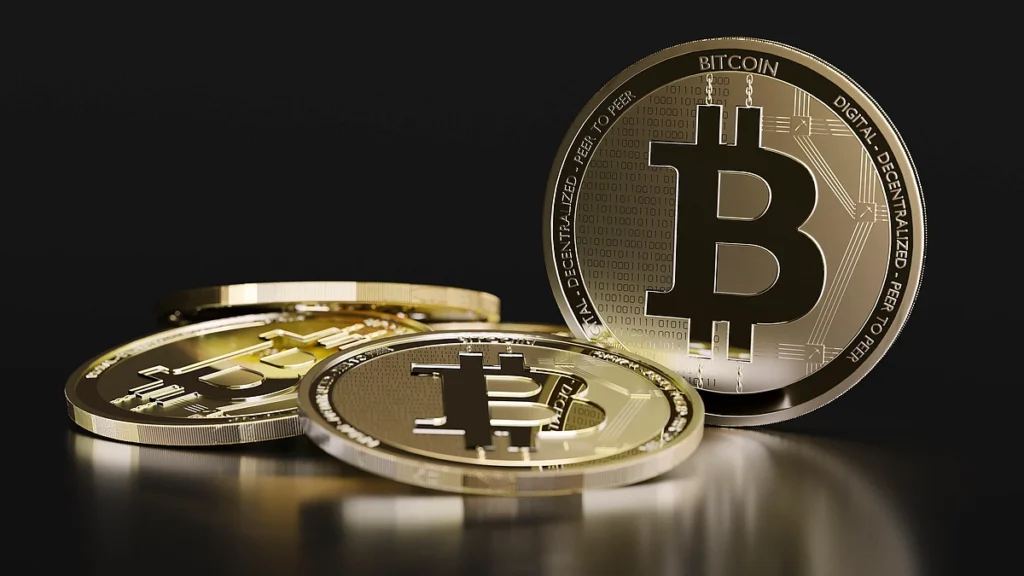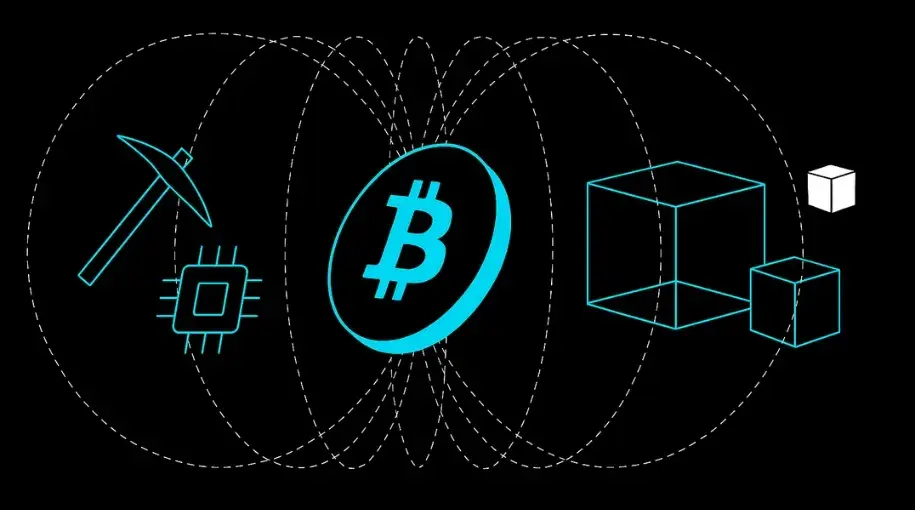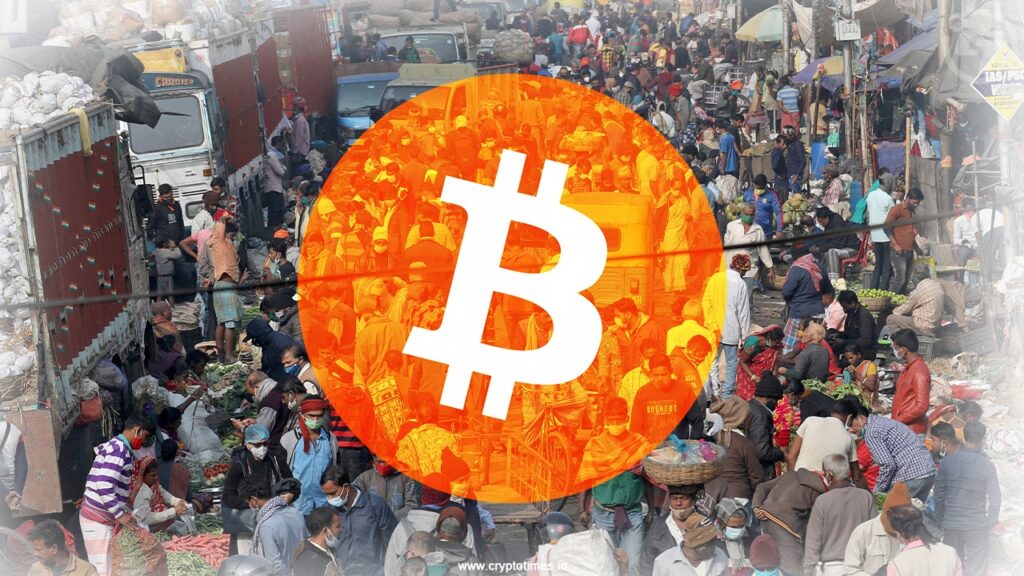Now Reading: Decentralized Finance (DeFi) Platforms: Changing India’s Financial Landscape
-
01
Decentralized Finance (DeFi) Platforms: Changing India’s Financial Landscape
Decentralized Finance (DeFi) Platforms: Changing India’s Financial Landscape

Decentralized Finance, or DeFi, is gaining momentum in India as an alternative to traditional banking and finance systems. By using blockchain technology, DeFi platforms offer services like lending, borrowing, and trading without middlemen. This shift could be especially impactful in Tier 2 cities, where access to formal financial services is limited but digital adoption is rising.
What Is DeFi and Why It Matters
DeFi removes intermediaries such as banks or brokers, allowing users to interact directly through smart contracts on blockchain networks. This decentralization promises faster transactions, lower costs, and increased transparency compared to conventional financial services.
Current Growth in India
While still emerging, DeFi has attracted attention from tech-savvy Indians and startups. Increasing smartphone penetration and internet access in smaller cities have opened doors for people to explore these platforms. Some early adopters are already using DeFi to earn interest, trade assets, or access loans without traditional credit checks.
Challenges Ahead
DeFi’s growth faces hurdles, including regulatory uncertainty and technical complexity. Many users in Tier 2 cities need education on risks and benefits. Security concerns, such as vulnerabilities in smart contracts, also call for cautious adoption.
Potential Impact on Tier 2 Cities
For Tier 2 cities, DeFi could offer a way to overcome gaps in banking infrastructure. Residents might gain easier access to credit and investment opportunities, supporting entrepreneurship and economic growth. However, reaching these users will require clear regulations and user-friendly platforms.
Conclusion
DeFi platforms hold promise to transform financial services in India by making them more inclusive and efficient. For Tier 2 cities, this could mean new economic opportunities and financial independence. The future of DeFi in India will depend on how technology, education, and regulation evolve together to build trust and usability.

























